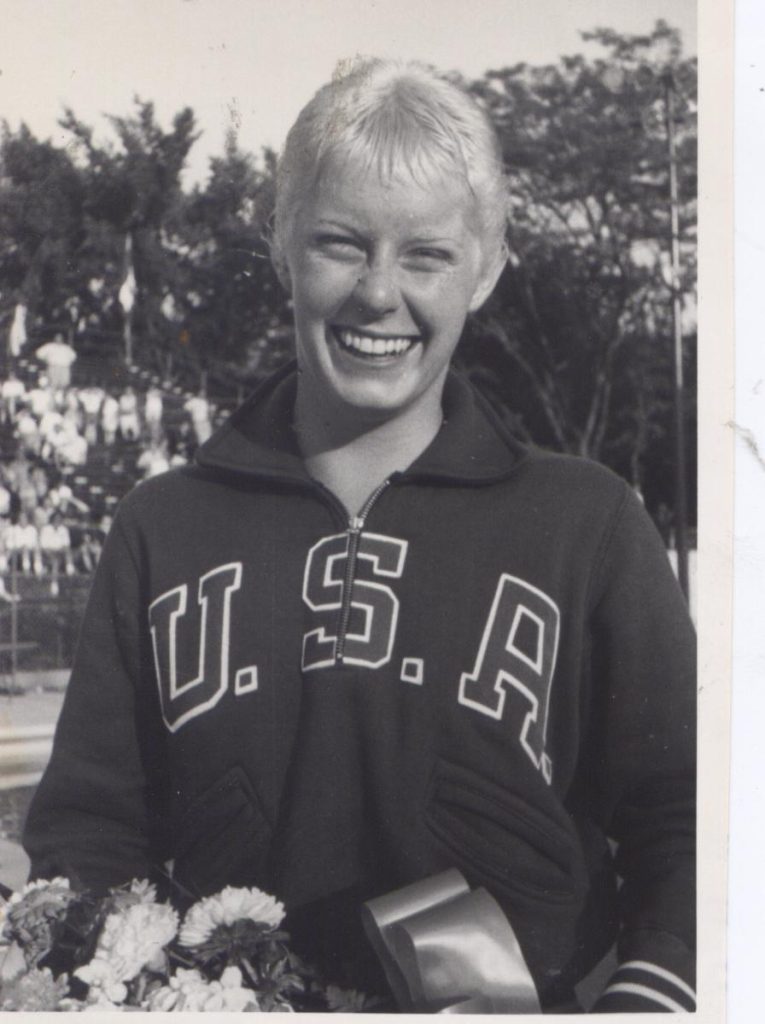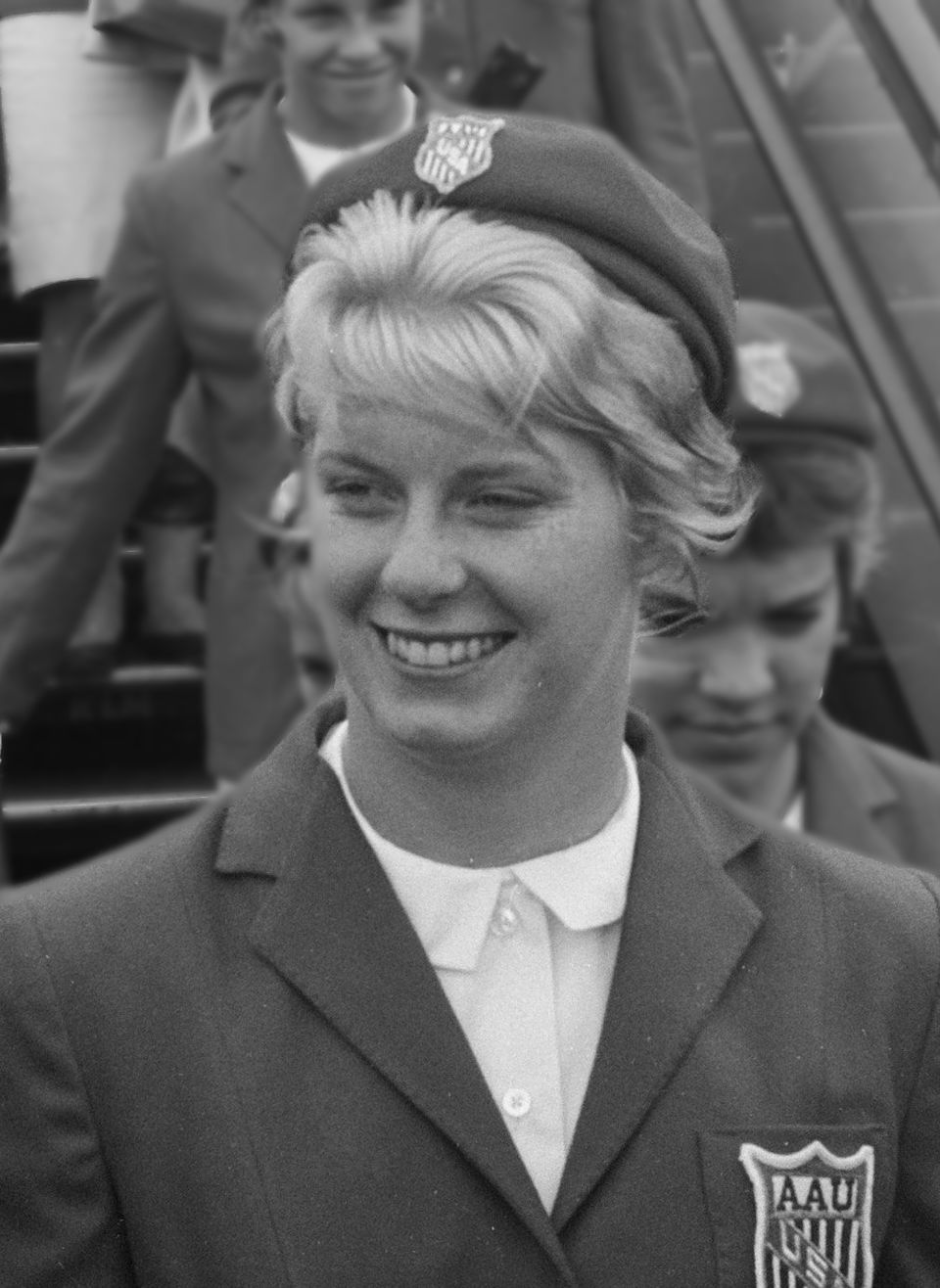Why I Dug Into Chris von Saltza’s Training
Got curious after watching old footage of her crushing Olympic records back in 1960. Heard rumors about crazy training routines but couldn’t find concrete details anywhere. Figured I’d try reverse-engineering her methods through trial and error.

Phase 1: Rebuilding Fundamentals
Started with stroke drills every damn morning. Not just freestyle laps – broke everything down like a beginner. Did fingertip drag drills for hours, forced myself to breathe every third stroke even when gasping. Key takeaway: She obsessed over form before speed. My shoulders screamed for two weeks straight.
- Rotated through all four strokes daily (even breaststroke – hated that)
- Used kickboard only for 30% of sessions to avoid crutches
- Timed rest periods strictly – 20 seconds between sets, no exceptions
The Endurance Grind
Pushed distance incrementally. Monday 3km, Wednesday 4km, Friday 5km – no skipping. Added resistance bands around ankles during cooldown laps to simulate drag. Felt like swimming through molasses. Biggest surprise: Saltza apparently trained 9 times weekly. Tried that for a month and nearly drowned from exhaustion. Scaled back to 6 sessions.
Mental Tactics That Stuck
Visualized race scenarios mid-workout. While doing butterfly sets, imagined competitors creeping up on my left. Would suddenly sprint the last 100m pretending to outsprint rivals. Also recorded voice memos dissecting every session – noticed I slacked off most Thursdays so added punishment laps.
Results After 6 Months
Shaved 8 seconds off my 400m freestyle time but developed rotator cuff inflammation. Learned the hard way: Saltza’s volume works only with professional recovery (massage, physio) which I couldn’t afford. Still use her breathing rhythm drills though – now my default warmup.
How do I know this stuff works? Because I timed every damn lap in a spreadsheet like a nerd. Last Sunday my coach asked why I breathe bilaterally now – showed him Saltza’s 1960 interview clip where she mentioned it. Sometimes old-school methods stick around for a reason.





